The career of Trevor Francis: 1954-2023
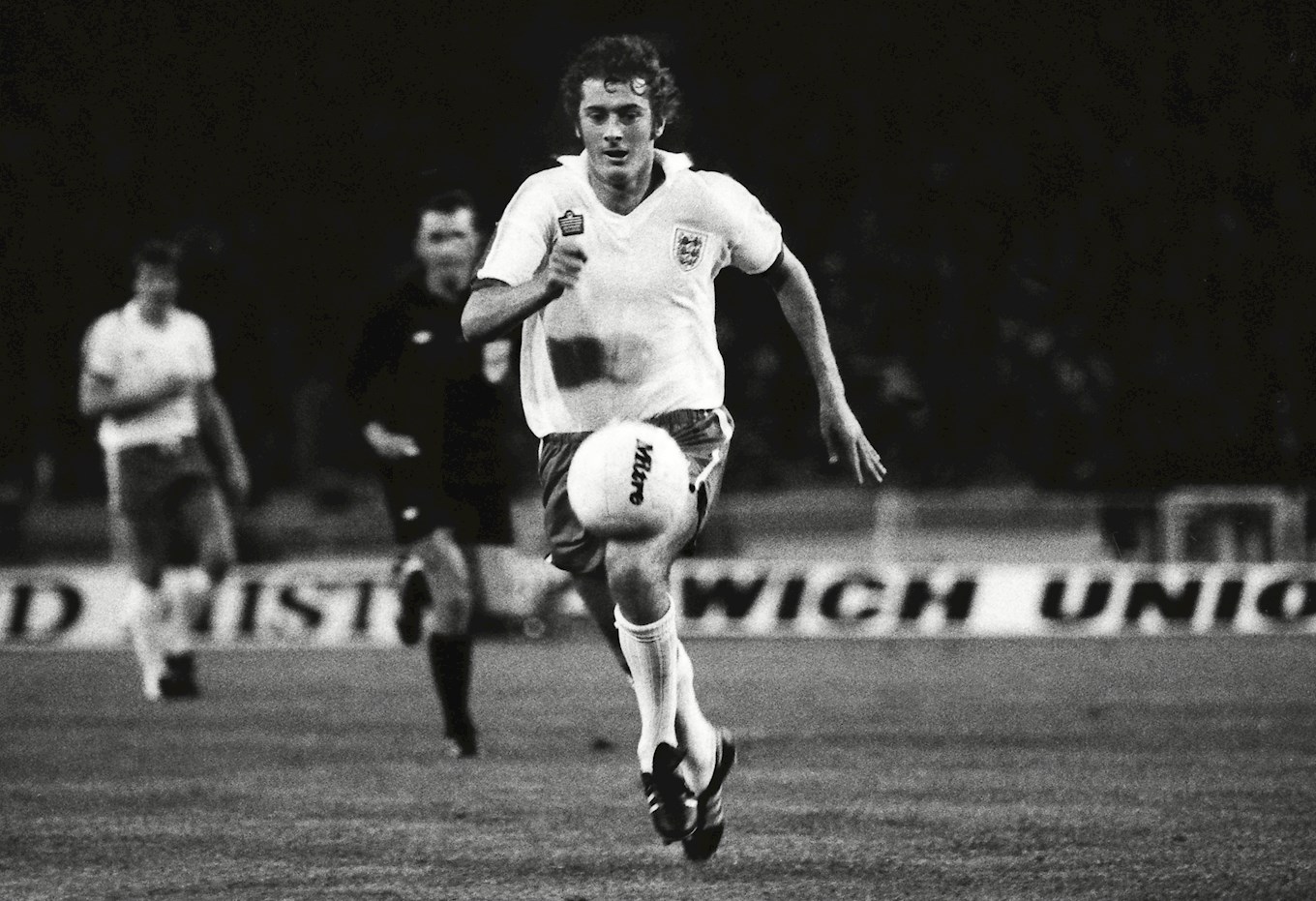
Plymouth-born forward Trevor Francis came through the ranks at Birmingham City, where he became the Blues’ youngest-ever debutant in a league competition when he made his bow for the Club in what was then known as the Second Division, aged 16.
As a result of his goalscoring exploits – which helped Birmingham win promotion to the top-flight in 1972 when the West Midlands team placed second in the league standings – he caught the eye of Brian Clough’s Nottingham Forest. And he would become the first million-pound British player when he made the switch to the City Ground, finishing up with 119 goals in 280 appearances for Birmingham.
Most notably, Francis repaid that record breaking fee when he netted the winning goal for Forest against Swedish giants Malmo in the 1979 European Cup Final in a 1-0 victory.
From there, he moved to First Division rivals Manchester City where he spent a single season before jetting off abroad. Francis spent time in Serie A with the likes of Sampdoria and Atalanta before returning to the UK.
He lifted the Scottish League Cup with Rangers in 1988 before departing after spending a term north of the border.
First Division outfit Queens Park Rangers became his next team in March 1988. Francis – who also had a stint in the United States during a temporary loan spell – stepped into the dual role of player-manager later in November of the same year, departing the Club a year later.
Francis signed for Sheffield Wednesday, who became his final Club. During his time in South Yorkshire, the Owls bounced back to the top tier and won the League Cup. Having already tested the waters of a career in management, he succeeded Ron Atkinson at the helm.
He hung up his boots as a Premier League player in 1994 shortly before celebrating his 40th birthday.
Having worked as a pundit in the interim for outlets such as Sky Sports, in 1996, he returned to St Andrew’s when he was named as the new Birmingham boss. The Club reached the 2001 League Cup Final before losing out to Liverpool and Francis eventually left.
Between 2001 and 2003, he took charge of Crystal Palace for 17 months before parting company with the Eagles.
Away from his Club career, Francis was an England international. He represented his country 52 times – earning his first cap under then-Three Lions boss Don Revie – and was subsequently named in the 1982 World Cup squad while on Manchester City’s books.
Source link

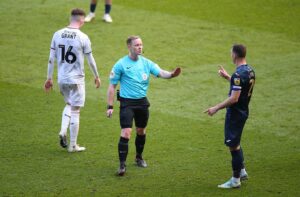
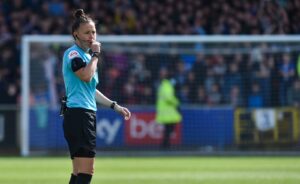

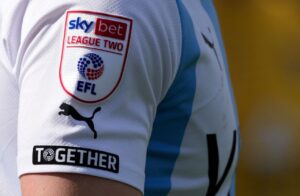

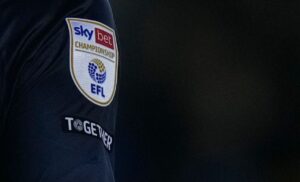
Leave a Reply
You must be logged in to post a comment.